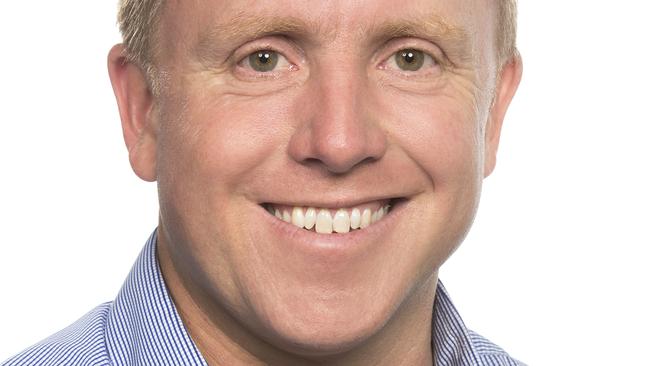Professional winners: practice makes perfect
We know from decades of helping professionals that practice creates mastery. Not bullet lists or tutorials. Practice.

In June 2014, Rafael Nadal won his ninth French Open title. Not 24 hours later, he was practising on English grass courts in preparation for Wimbledon.
This illustrates beautifully a distinguishing feature of a master of their craft and a characteristic often lacking in the workplace — humility.
The study of masters of their craft reveals a similar theme across disparate domains of expertise. They find humility in mundane practice. There is no thirst for tips, no time spent in search of elusive shortcuts. Instead, time is invested in repetitive practice sessions, working hard on familiar routines and processes.
For today’s worker engulfed in a sea of hacks, the seduction that the next article just may hold the key to a quick fix is certainly alluring but likely unfulfilling. What we know from decades of helping professionals learn is that practice sits in front of mastery. Not bullet lists; not video tutorials. Practice.
Examining our profession in its entirety, we must separate the conditioning work of preparation — industry knowledge and technical know-how — from the technical aspects of execution.
For an IT professional, 30 minutes of relevant blog reading every morning is conditioning work, but describing their solution in a client’s context is a technique that can be practised and refined.
Professionals providing advice can practise taking the intricacies of their field and describing them in layman’s terms to their clients.
It’s a powerful training technique but, while it is common to witness a tennis player practising their serves on court, it is rare to see a business professional in an empty meeting room talking to the wall to practice their craft.
The 10,000-hour rule states that those who are willing to invest 10,000 hours of deliberate practice will graduate to the mastery threshold for their given craft.
The key here is not the investment of precisely 10,000 hours, but the earnest commitment deliberately to practise. This means hitting the phones to pitch time and time again. It means rehearsing the presentation until delivery becomes effortless.
Early lessons typically will have something new to offer the learner each episode. However, the big challenge for aspiring learners is that the novelty of the early work is soon replaced by the familiar rhythm in the repetitive parts of the skill development.
This process is rarely thrilling and, understandably, can be disappointing to perform with incompetence.
And here’s where humility can help us. Incompetence can make us feel small as it offers proof we cannot direct events to our desire. Yet humility allows us to feel safe in feeling small. Humility smiles at us when we inwardly or outwardly scream: “I suck at this!”
That smile is not smug; it is kind and gentle, offering support, not admonishment. It removes any need to feel arrogance for our accomplishments or shame for our failures.
Humility contextualises us in the big room of everyone who has ever turned up to try to master this craft. Plenty of people were here before us. And plenty will appear after we have moved on.
But in the meantime we open the textbook, we step up to the podium, we pick up the racquet and we go again.
Marcus Crow is a co-founder of professional services firm 10,000 Hours.


